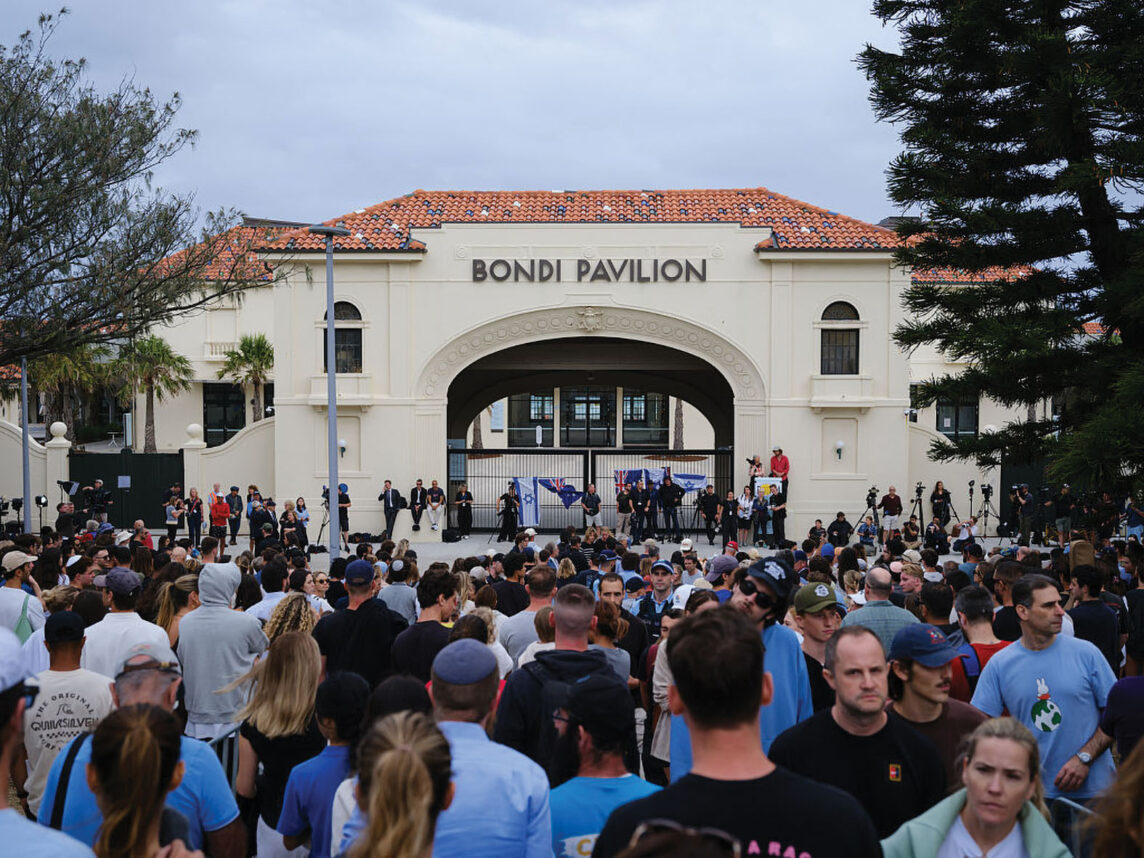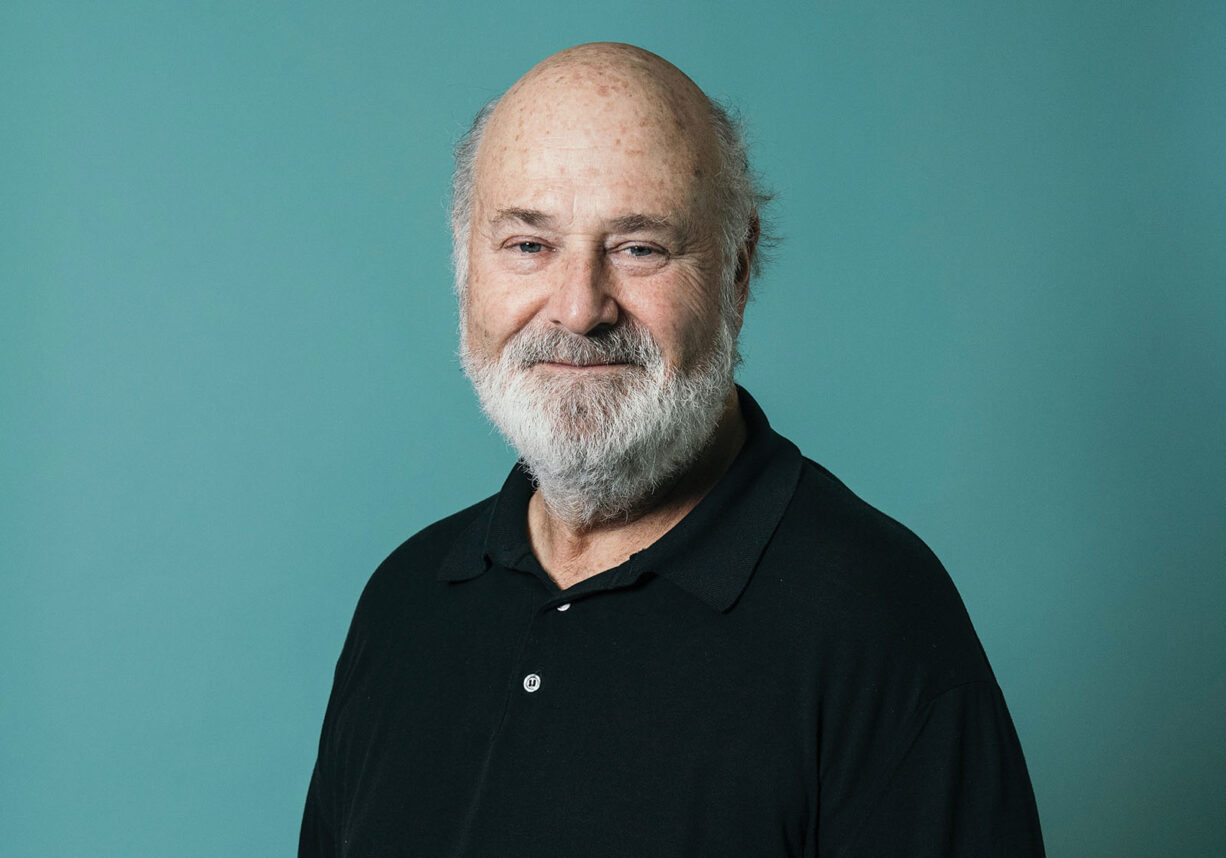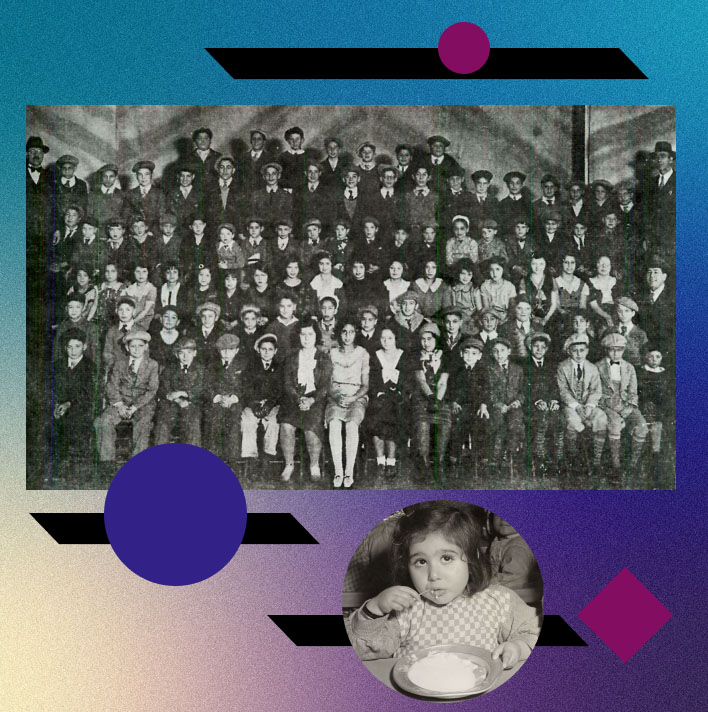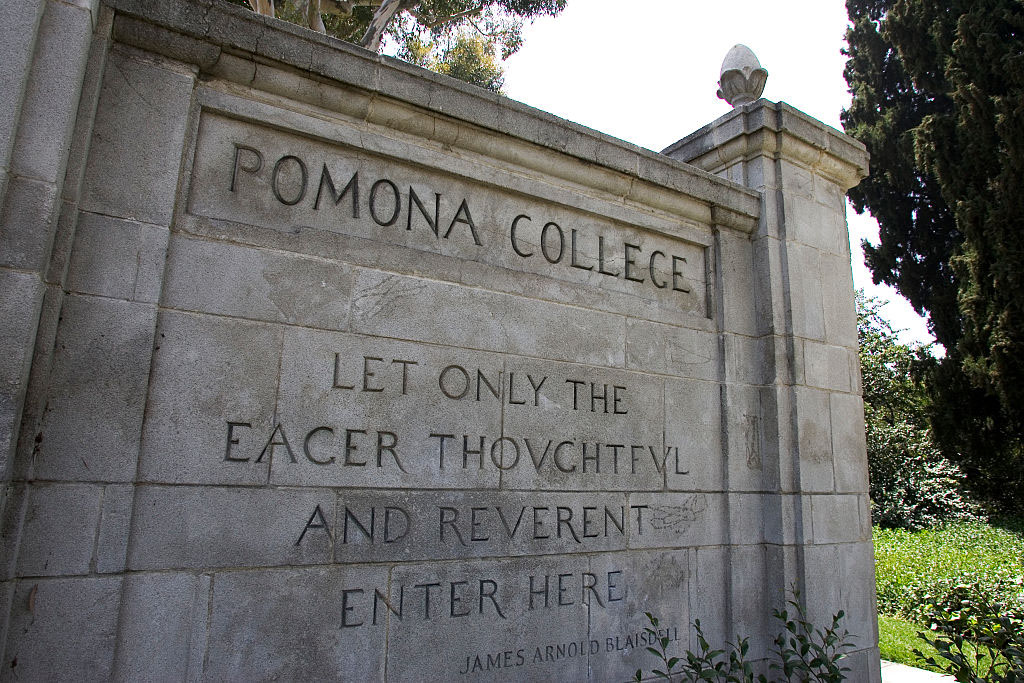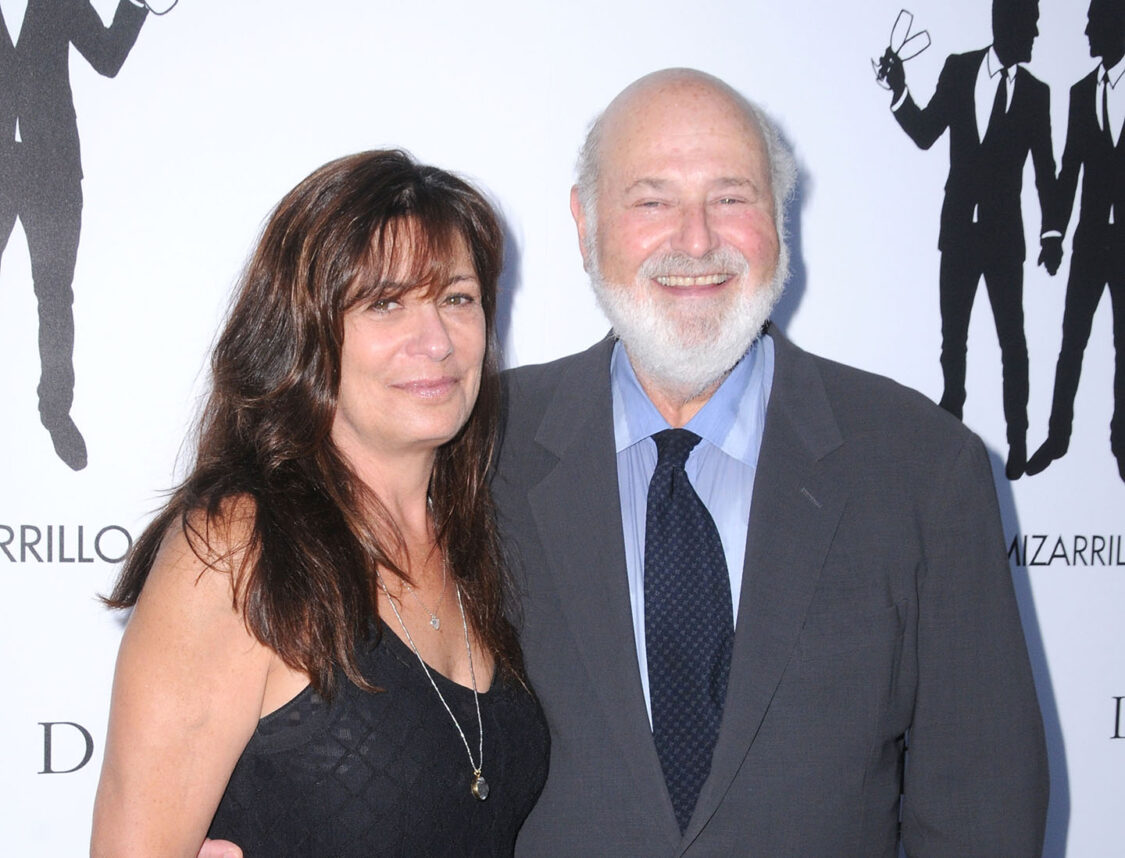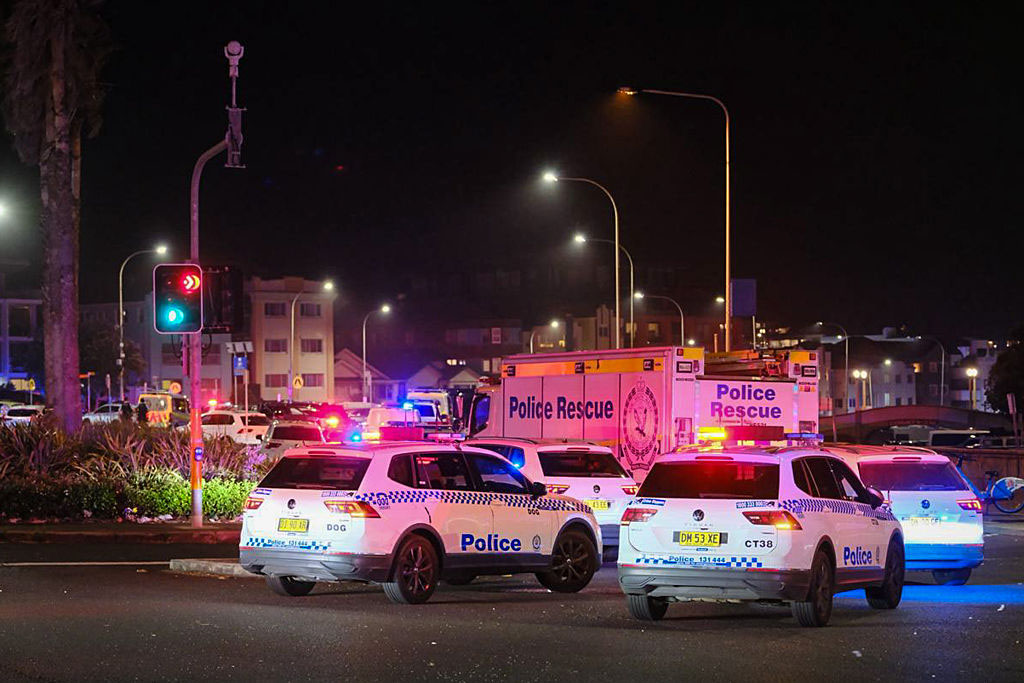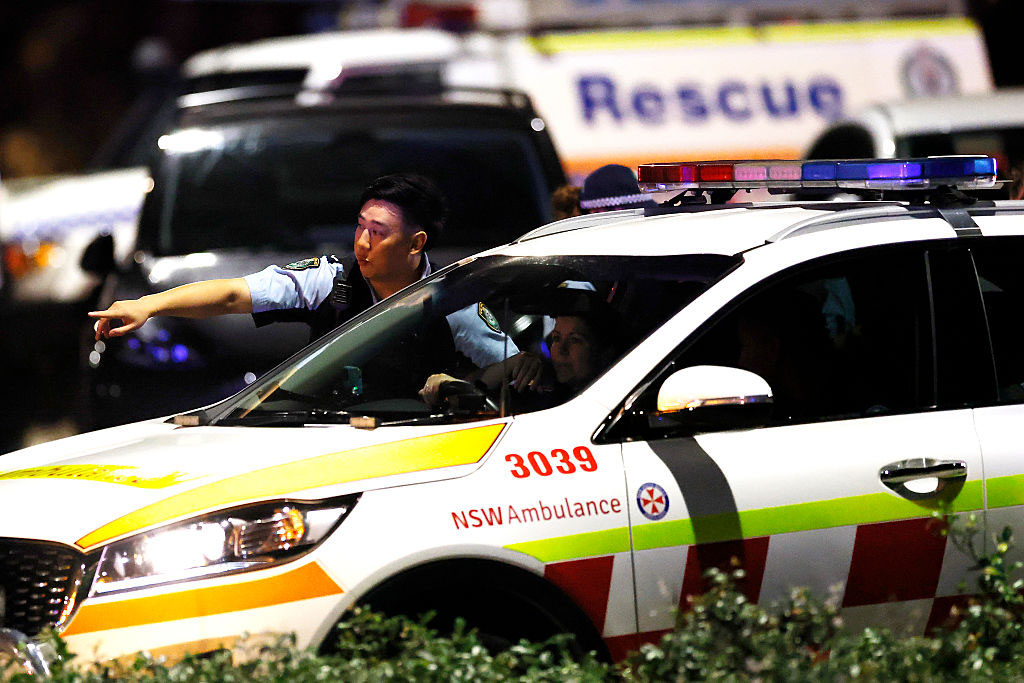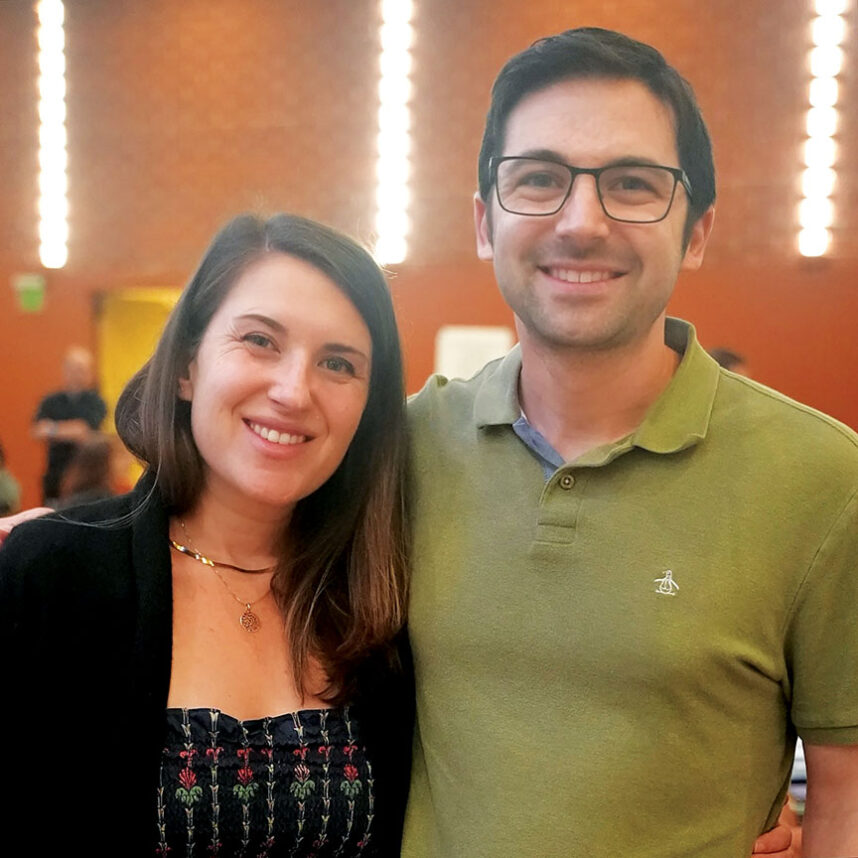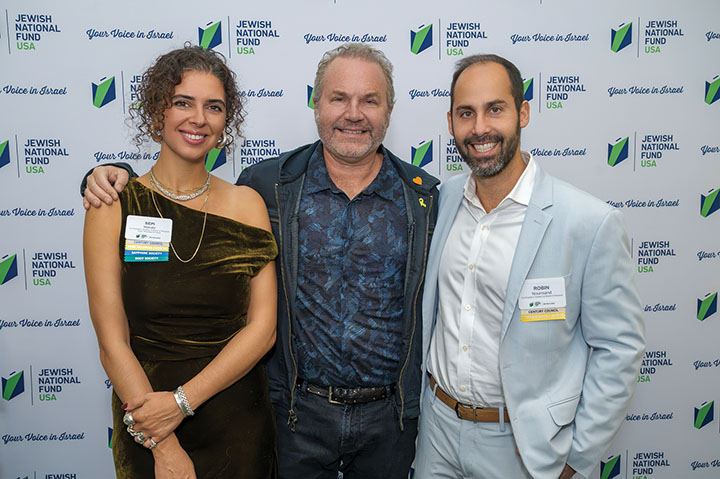“There are a couple of Jewish jokes that I think are just great,” actor Paul Rudd said, eagerly, leaning forward on a couch at the Four Seasons Hotel, where he was recently promoting his new Judd Apatow film, “This is 40.” “This Jewish kid asks his dad, ‘Can I borrow $30?' And his dad says, 'Twenty dollars? What do you need $10 for?'” And Rudd – a startlingly boyish-looking 43 — throws his head back and laughs like a kid.
On YouTube you can check out a video of Rudd, when he really was a kid, decked out in a yellow tuxedo shirt, joking around and playing DJ at a bat mitzvah years before his performance in 1995’s “Clueless” made him a breakout star. Since then, Rudd’s become one of Hollywood’s go-to comic actors, especially for Apatow, who’s previously cast him in films like “Knocked Up,” “Forgetting Sarah Marshall” and “I Love You, Man,” starring Jason Segel.
In “This is 40” – Apatow’s comedy drama about mid-life angst, billed as a “sort of sequel” to “Knocked Up” — Rudd plays Pete, a lovably childlike Jewish record label owner, father and husband to Apatow’s real-life wife, Leslie Mann. Pete’s career and marriage are on the rocks; among other indignities, he’s appalled when the only reporter who turns up to interview his star client is from the Jewish Journal. (Thanks, Judd!) Pete is also caught avoiding his family while playing Internet Scrabble in the loo, farting in bed and urging wife Debbie (Mann) to check out a growth on his derriere.
“It was embarrassing to do a lot of those scenes,” Rudd admitted during our interview. “Look, I’m sitting on the toilet playing Internet Scrabble; I’m getting a hemorrhoid looked at – none of these things are fun to film. But if you’re going to try and make something comedic, you’ve got to throw vanity to the wind. I would never do those kinds of scenes just for the shock value, or if it wasn’t conducive to the story and the character. It’s not gratuitous comedy. Judd had said, ‘Let’s make a movie about marriage and the things that we fight about – kind of a real, warts and all view of it.’ And sometimes you do need to ask your wife if there’s something on your [backside].”
Here are further excerpts from our interview, when Rudd described growing up from the age of 10 in a very non-Jewish neighborhood in Kansas City, Kansas; how that helped turn him into a comedian, and why having your wife examine your tush can actually be kind of romantic.
Q: What was it like growing up Jewish in the Bible Belt?
A: I always felt a little bit like an outsider, not only because I was Jewish, but because my parents are European; they’re both from England. And we moved around a lot because my father worked for TWA; TWA’s hub was in Kansas City, which is how we ended up there. I didn’t go to a school where there were a bunch of Jewish kids, and I realized growing up that my way of not getting beaten up was to try and make people laugh — and to deal with any kind of trauma was to make people laugh. That’s still at work; it’s still very much part of my psyche.
I did kind of realize at a young age that if I made Jewish jokes about myself, that a lot of kids in my school would laugh, like harder than other stuff. I never quite realized that maybe that was a little messed up.
Q: Your character of Pete is nominally Jewish. What’s your own Jewish identity today?
A: My whole family is Jewish; my wife, Julie, is Jewish – there isn’t anyone in my family who isn’t Jewish. I was bar mitzvahed Reform; we were pretty laid back, but it’s like, oh yeah, I went to synagogue. I know what it’s like to look for matzoh (laughs). I know the culture and I know the food. I know what a Haggadah is! I know these things, and I did a play many years ago [in 1997] called “The Last Night at Ballyhoo,” which was a new play at the time, about Eastern European Jews and the anti-Semitism they faced by German Jews in the South. Alfred Uhry, the playwright, became somewhat of a surrogate father to me in New York – I live in New York still and he does, too. And every seder at Alfred’s house he would say, “You know, if you are Jewish, it almost doesn’t even matter how religious you are. If you’re Jewish, it’s just in the marrow of your bones.” We have a lineage that is so many thousands of years old, that you just relate. It is a tribe; it’s like, “Oh, yeah, that’s my team,” and I feel that for sure.
Q: You and your wife participated in conversations and videotaped improv to help create some of the situations in “This is 40.” What, if anything, from the movie, comes from your real married life?
A: Actually, there were more specifics in “Knocked Up.” When Judd was writing that movie, my wife once said, “I’m so sick of looking at your back,” because I was just on the computer all day, checking my fantasy football scores.
Q: You’re whispering right now. Is your wife in the next room?
A: No, but I’m certain that she can probably hear me somewhere (laughs).
Q: There’s a scene in “This is 40” where your character and a friend are fantasizing about their wives’ deaths and becoming sexy widowers.
A: Not that I would ever fantasize about my wife’s death, but I think everyone has those moments where you play out the death of your spouse — and I thought that could be funny but also incredibly raw and exposed and hopefully not offensive, though I’m sure it will come off that way to some people. It’s just [mining] the things you would never say, and then turning them into a conversation. You could create laughs about how attractive you would look to someone if you were in mourning (laughs). I know that sounds horrible.
Q: What about the hemorrhoid scene?
A: Sometimes in a real marriage, it’s about asking your wife to look at this and what does that look like? While it’s not traditionally romantic, I would say it’s arguably romantic in its intimacy. The idea that a couple can do that for each other is very romantic. I also think that in a strange way, being able to fart in front of each other – that’s a very sweet gesture! (Throws his head back, claps and laughs.)
Q: I heard you improvised farting in a scene in bed with Leslie Mann – and her character isn’t pleased.
A: We were doing that scene and I wasn’t going to fart, but I felt like I probably could at the moment. [Normally], you would never do that because anybody with any decency would never do that; you certainly wouldn’t ever do it when you’re shooting a scene in a movie. But again, it was that thing of well, that’s what marriage is. I also think farts are funny, just at a very basic level. I’m not trying to deconstruct that scene too much – farts are funny – but I do remember kind of deconstructing, if I do it, that’s what the movie is about, so why not, and just see what happens?
Q: You drew the line of having the hemorrhoid scene on the movie’s poster, however.
A: Yeah, I didn’t want it on the poster. But by the way, I wasn’t so excited when the poster we went with shows me sitting on the toilet, because you’re not seeing it in the grand scheme or the context of the movie. It’s not my proudest moment.
Q: How has starring in this film about a real-life marriage affected your own relationship with your wife?
A: It’s a little bit like couples therapy, except it’s happening in front of millions of people.
“This is 40” is now in theaters.















